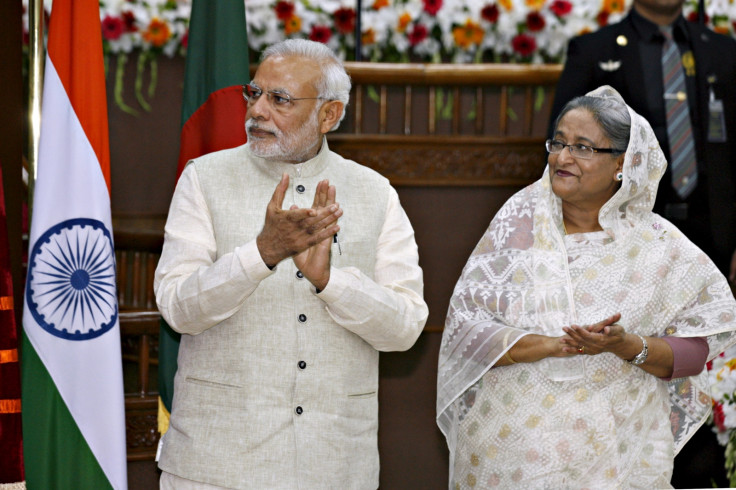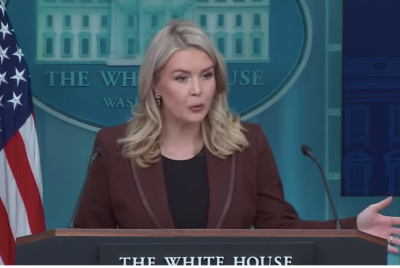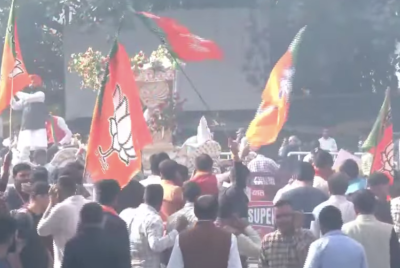India and Bangladesh historic border deal gives citizenship to 50,000 people

At midnight on 31 July, around 50,000 people became citizens of India or Bangladesh after living in limbo for decades.
Ending a prolonged dispute, the two nations swapped 162 enclaves on the border region, allowing the people living there to stay or opt out to the other country.
While 14,214 citizens of Bangladesh residing in 51 enclaves on the Indian side became Indians, a large number of people in the 111 Indian enclaves in Bangladesh preferred to stay with Bangladesh and just 979 opted to move to India.
The total number of new Indian citizens will be 15,193.
None from the Indian side chose to cross over to Bangladesh.
The swap will be completed by November.
The deal was originally agreed on in 1974 after Bangladesh fought to break away from Pakistan. However, the official adoption of the enclaves was approved by the Indian parliament only this year, following an agreement between Indian Prime Minister Narendra Modi and his Bangladeshi counterpart Sheikh Hasina.
The enclaves have been the cause of a protracted territorial dispute between the two nations from British rule.
Most of the enclaves are no bigger than a small village, with inhabitants living in poverty, neglected by both governments. Not belonging to either nation, the people have been deprived of social benefits.
Border police often shoots to kill any refugee crossing the border. Human Rights Watch estimates say 1,000 people were killed in the area between 2001 and 2011.
The adoption of the enclaves will, however, not see an end to illegal immigration from Bangladesh to India, believe experts. A better life in India plus religious considerations will prompt many to continue to cross over.
Many are also in disagreement over the issue of giving people time to choose the country. Land holdings are another sore point.
The Cooch Behar administration in India has arranged temporary camps to accommodate enclave dwellers who have opted to come over to India.
© Copyright IBTimes 2025. All rights reserved.



















